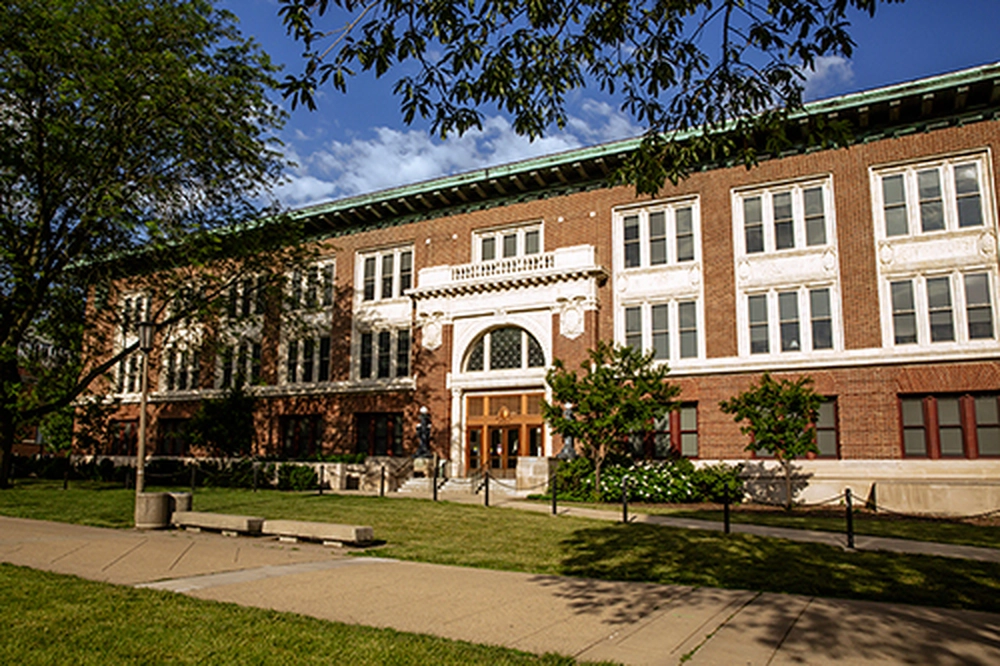
Several professors, including two from the School of Literatures, Cultures & Linguistics, have recently received named scholar positions for their contributions to research, education, and the academic mission of the College of LAS.
The named positions include an Aaron and Laurel Clark Scholar (for faculty members in humanities), an LAS Distinguished Professorial Scholar, Lincoln Excellence for Assistant Professors (LEAP) Scholars, a Lynn Martin Professorial Scholar (for exceptional women teachers), and Norman P. Jones Professorial Scholars (for exceptional mid-career tenured faculty members).
“We’re extremely proud to recognize these exemplary faculty members,” said Venetria K. Patton, the Harry E. Preble Dean of the College of LAS. “Their creativity, hard work, and insights make them excellent teachers and researchers who deepen our understanding of the world around us.”
The recipients will receive financial support for their work. The awardees from SLCL are as follows:
Lincoln Excellence for Assistant Professors (LEAP) Scholars
Brett Kaufman (classics). Kaufman is an archaeologist specializing in the Mediterranean and Near East with a focus on Phoenicians and Carthage, archaeometallurgy and ancient engineering and design, the formation and maintenance of sociopolitical hierarchy and the origins of popular government, and reconstructing long term ecological management strategies of ancient and historical societies. He has directed or supervised archaeological excavations in Tunisia, China, Italy, Israel, and New York.
Krystal Smalls (anthropology and linguistics). Smalls conducts ethnographic research in different locations of Black diaspora (mostly digital or urban). Her work specifically concerns the discourses and practices that constitute Blackness, anti-Blackness, and anti-anti-Blackness. One of her recent projects considers how uses of "emphatically Black" and "intentionallly Black" language and discourse in digital space function as public refusals of anti-Black "raciolinguistic ideologies" (Rosa & Flores 2017) and, semiotically, may help reracialize public spaces and reconfigure racialized signs.
Dave Evensen
Note: This story first appeared on the College of LAS website.